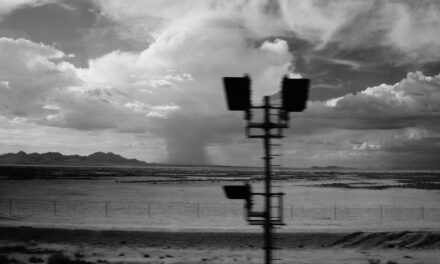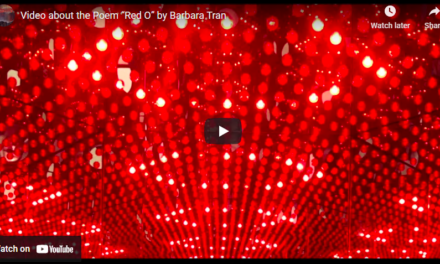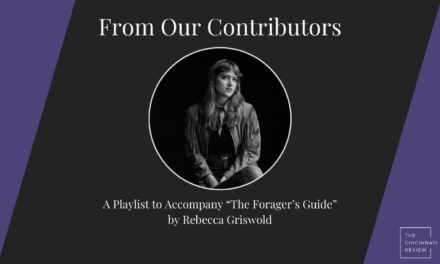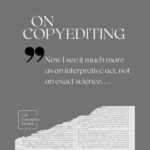Our contributors are often inspired by art, images, ideas, and other objects and intangibles. We’ve noted the ways science, music, and women’s roles galvanized the writers of Issue 9.2. Below, though, poets from that issue discuss a more “personal” influence:
Alan Feldman
on “In Response to My Fear That I’ll Receive Another Call from the Yacht Salesman”:
Like many, I’m afraid of the way a good salesman can play upon my desires. This was the most dangerous salesman I ever encountered, I suppose. He had a genuine love for the boats his company made, and he cast me as a kind of local-hero-to-be if I’d buy one; it was like a movie where I would single-handedly save the little coastal town where the factory seemed like the only industry. And, in return, he showed me how the boat could change my life. For days I gazed at the brochure, imagining a kind of heaven on earth for myself: the seas always manageable, the wind fresh and abeam. When I pondered this decision I realized either way—buying the boat or not—I’d be making a mistake, and there seemed something fundamentally shattering about that realization, and funny too. If I lose the yacht, I thought to myself, and the Eden it represents, maybe I’ll at least get a poem. Plus I get a lot of pleasure from the vocabulary associated with sailboats. I think such words evolved so they could easily be heard over howling winds, so they have rather distinct sounds and are fun to use.
on “A Message from My Mother”:
I do love to sail, and when I’m out on the water under a big sky, I sometimes check in with people I’ve lost, my mother especially. She died about thirty-five years ago, and I’ve noticed, over the years, that she’s mellowed. She’s less apt to offer advice, for example. And she seems to have become somewhat passive, wistful, and even philosophical. I don’t know if she actually knew Chaucer’s Troilus and Criseyde, but it’s my favorite long poem in English so maybe she’s had time to read it. She did love Keats, though—something I often think of, since she died relatively young. My young granddaughter lives at least half of her day conversing with people she imagines. Until I changed the title on this poem, so that it was clear that it’s my dead mother speaking all the way through, I’m not sure the poem succeeded. My favorite part is her description of what she feels like now.
Jon Pineda (on his poem “The Sow”)
I’d recently finished the first draft of a novel, and I needed to recharge a bit. So I returned to working on poems, going for compression. I wanted to hem lines in with sound. That was the big driver. Oh, and the fact that my daughter loveslovesloves pigs.
Kevin Simmonds (on his poems “ars poetica” and “poem”)
I can’t recall which current news item triggered “ars poetica,” but it was simply the latest in an onslaught of smartly constructed, prepackaged political talking points spinning some act of consciously committed and grave indecency. Maybe it was a lie told as the truth. Maybe it was a walk back from a previously lapsed and miscalculated truth. I wanted to write a self-conscious poem that didn’t traffic in untruth but, rather, spoke plainly in declarative sentences. And why not write about the atrocity of war, the male and blameless memoranda of war?
“poem” is a lie—a lie that reveals truths about my strained relationship with my father.
Funny, unplanned consequence: the word count of each of these two poems is within one word.





![Katie Berta on Her Poem “[To be a child again.]”](https://www.cincinnatireview.com/wp-content/uploads/2022/12/Berta-house-440x264.jpg)




